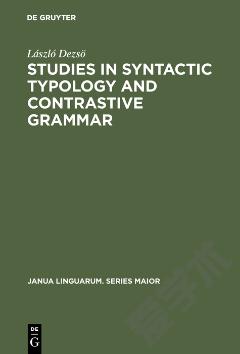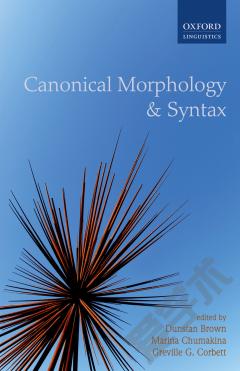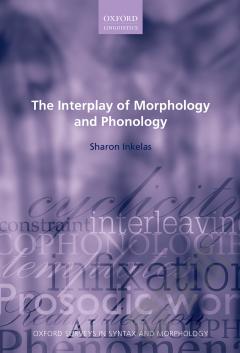Contrastive Studies in Morphology and Syntax
Using different theoretical approaches and frameworks, this book addresses a broad range of themes in contrastive linguistics, including inflection, derivation and compounding, tense, wh-questions, post-verbal subjects, focus and clitics, among others. Comparing English, German, Greek, Romance, Slavic and South Pacific languages, the book highlights the significance of the contrastive perspective for language-specific description and general interface issues, casting light on contrasts between languages at the levels of morphology and syntax. In this respect, it makes a valuable contribution to our understanding of language typology and language universals.
{{comment.content}}








 京公网安备 11010802027623号
京公网安备 11010802027623号